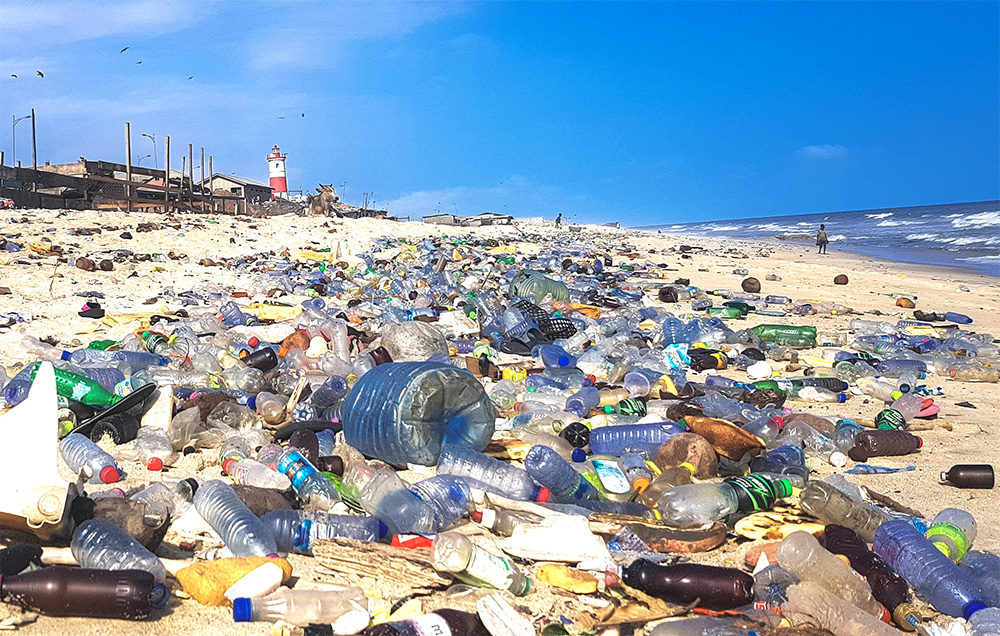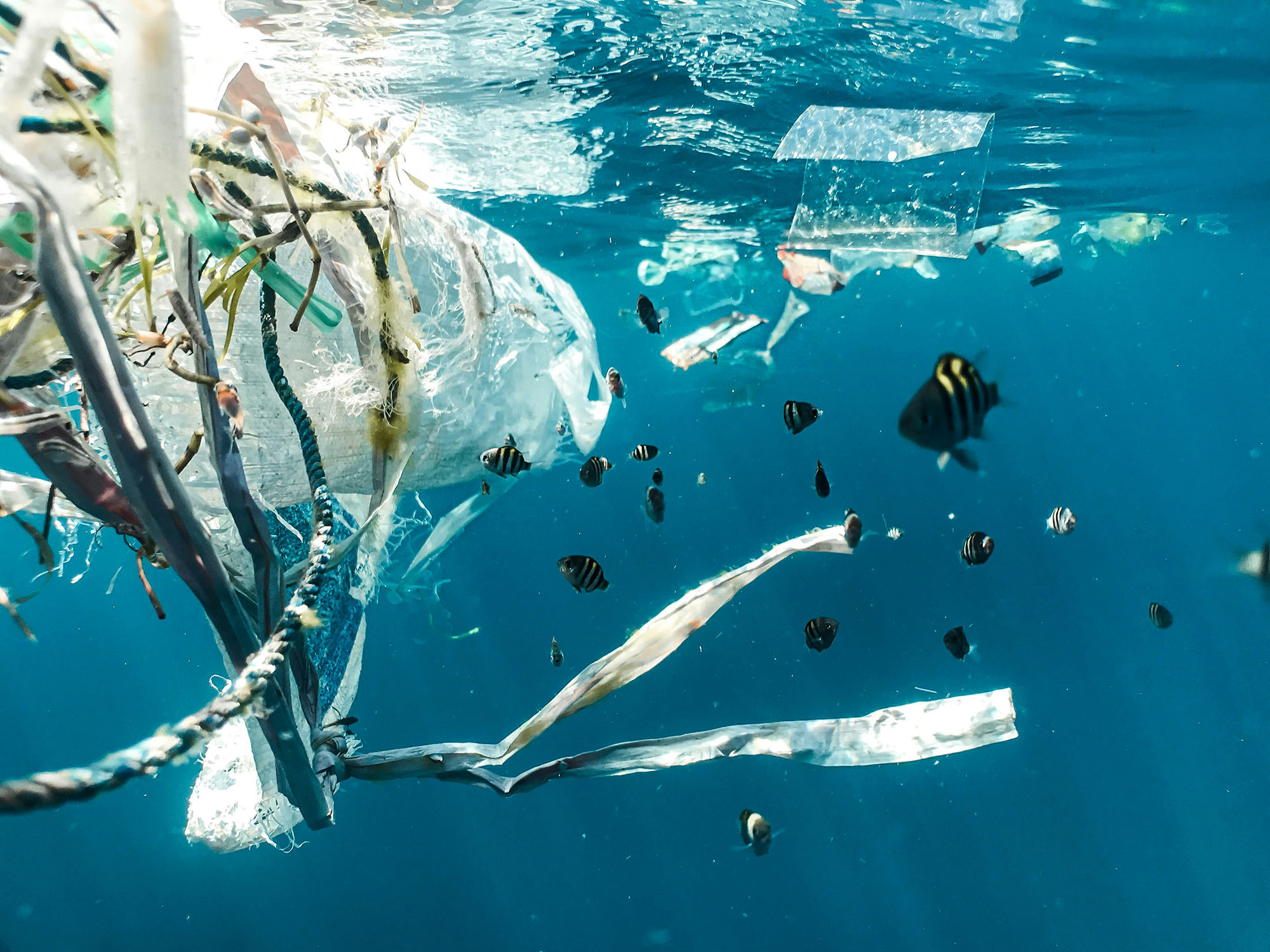Address
304 North Cardinal
St. Dorchester Center, MA 02124
Work Hours
Monday to Friday: 7AM - 7PM
Weekend: 10AM - 5PM
Address
304 North Cardinal
St. Dorchester Center, MA 02124
Work Hours
Monday to Friday: 7AM - 7PM
Weekend: 10AM - 5PM

Plastic waste is a pervasive environmental issue, with post-consumer plastics contributing significantly to global pollution. The increase in plastic waste over time, coupled with imperfect recycling systems and the prevalence of single-use plastics, exacerbates the problem, posing a threat to ecosystems and human health.
Since the mass production of plastics began in the mid-20th century, the world has witnessed a staggering increase in plastic waste. In 2018, global plastic production reached 359 million metric tons, a stark rise from the 2 million metric tons produced in 1950 (US EPA). This rapid increase has led to an accumulation of plastic waste, much of which ends up in landfills, oceans, and other natural environments.

The environmental impact of plastic waste is profound. Plastics are durable and degrade very slowly, often taking hundreds of years to break down. This leads to long-lasting pollution in terrestrial and marine environments. Marine animals frequently ingest plastic debris, mistaking it for food, which can lead to injury, starvation, and death. Additionally, plastics release harmful chemicals into the environment as they break down, contaminating soil and water sources.
The Great Pacific Garbage Patch, a massive accumulation of plastic debris in the Pacific Ocean, exemplifies the scale of marine plastic pollution. Spanning an area estimated to be twice the size of Texas, it highlights the severity of the issue (US EPA).
Recycling is often touted as a solution to the plastic waste problem, but the reality is more complex. Many recycling systems are inefficient and unable to handle the sheer volume of plastic waste generated. In 2018, only 9% of plastic waste was recycled globally, while 12% was incinerated and 79% accumulated in landfills or the natural environment (US EPA) (US EPA).
Challenges in recycling include contamination of recyclable materials, insufficient infrastructure, and economic factors that make recycling less profitable than producing new plastics. Additionally, certain types of plastics are difficult to recycle due to their chemical composition, further limiting the effectiveness of recycling efforts.
Single-use plastics, designed for immediate disposal after one use, are a significant contributor to plastic pollution. Items such as plastic bags, straws, and packaging are ubiquitous in daily life but are rarely recycled. These products are particularly problematic because they are used briefly but persist in the environment for centuries.
Efforts to reduce single-use plastics include bans and restrictions on items like plastic bags and straws. For instance, several countries and cities have implemented plastic bag bans or imposed fees to discourage their use (US EPA).
Addressing the plastic waste crisis requires a multi-faceted approach. Improving recycling systems, reducing the production and consumption of single-use plastics, and developing alternative materials are crucial steps. Public awareness and education about the impacts of plastic pollution can also drive consumer behavior towards more sustainable choices.
Innovations in biodegradable plastics and increased investment in recycling infrastructure are also promising developments. Policy measures, such as extended producer responsibility (EPR) programs, which hold manufacturers accountable for the entire lifecycle of their products, can incentivize the reduction of plastic waste.
The escalating problem of post-consumer plastic waste demands urgent action. By understanding the scope of the issue and implementing comprehensive solutions, it is possible to mitigate the environmental impact and move towards a more sustainable future.
For more information on the environmental impact of plastic waste and efforts to address it, consider exploring these resources: